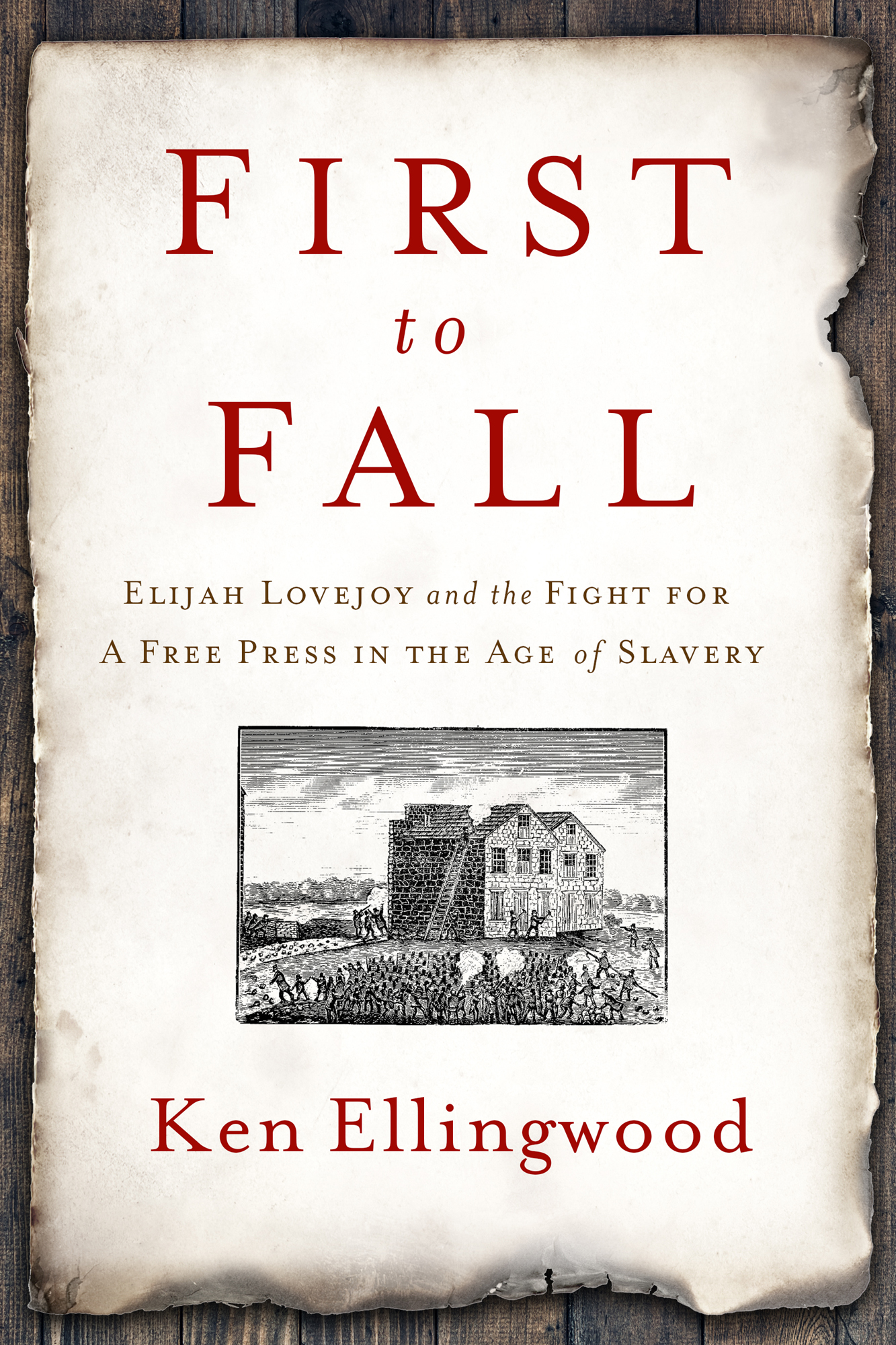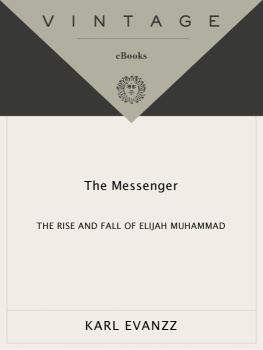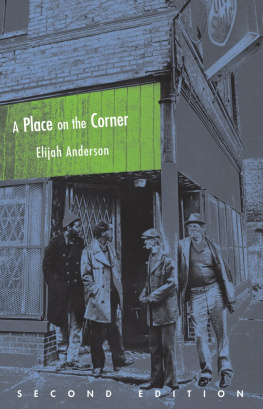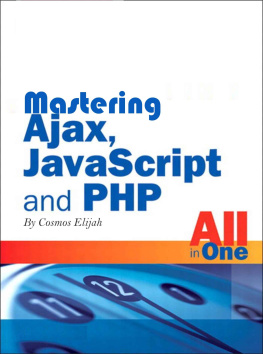Ken Ellingwood - First to Fall: Elijah Lovejoy and the Fight for a Free Press in the Age of Slavery
Here you can read online Ken Ellingwood - First to Fall: Elijah Lovejoy and the Fight for a Free Press in the Age of Slavery full text of the book (entire story) in english for free. Download pdf and epub, get meaning, cover and reviews about this ebook. year: 2021, publisher: Pegasus Books, genre: Non-fiction. Description of the work, (preface) as well as reviews are available. Best literature library LitArk.com created for fans of good reading and offers a wide selection of genres:
Romance novel
Science fiction
Adventure
Detective
Science
History
Home and family
Prose
Art
Politics
Computer
Non-fiction
Religion
Business
Children
Humor
Choose a favorite category and find really read worthwhile books. Enjoy immersion in the world of imagination, feel the emotions of the characters or learn something new for yourself, make an fascinating discovery.

- Book:First to Fall: Elijah Lovejoy and the Fight for a Free Press in the Age of Slavery
- Author:
- Publisher:Pegasus Books
- Genre:
- Year:2021
- Rating:5 / 5
- Favourites:Add to favourites
- Your mark:
- 100
- 1
- 2
- 3
- 4
- 5
First to Fall: Elijah Lovejoy and the Fight for a Free Press in the Age of Slavery: summary, description and annotation
We offer to read an annotation, description, summary or preface (depends on what the author of the book "First to Fall: Elijah Lovejoy and the Fight for a Free Press in the Age of Slavery" wrote himself). If you haven't found the necessary information about the book — write in the comments, we will try to find it.
Ken Ellingwood: author's other books
Who wrote First to Fall: Elijah Lovejoy and the Fight for a Free Press in the Age of Slavery? Find out the surname, the name of the author of the book and a list of all author's works by series.
First to Fall: Elijah Lovejoy and the Fight for a Free Press in the Age of Slavery — read online for free the complete book (whole text) full work
Below is the text of the book, divided by pages. System saving the place of the last page read, allows you to conveniently read the book "First to Fall: Elijah Lovejoy and the Fight for a Free Press in the Age of Slavery" online for free, without having to search again every time where you left off. Put a bookmark, and you can go to the page where you finished reading at any time.
Font size:
Interval:
Bookmark:

First to Fall
Elijah Lovejoy and the Fight for A Free Press in the Age of Slavery
Ken Ellingwood

FIRST TO FALL
Pegasus Books, Ltd.
148 West 37th Street, 13th Floor
New York, NY 10018
Copyright 2021 by Ken Ellingwood
First Pegasus Books cloth edition May 2021
Interior design by Maria Torres
Front cover images Shutterstock
Jacket design courtesy of Studio Gearbox
All rights reserved. No part of this book may be reproduced in whole or in part without written permission from the publisher, except by reviewers who may quote brief excerpts in connection with a review in a newspaper, magazine, or electronic publication; nor may any part of this book be reproduced, stored in a retrieval system, or transmitted in any form or by any means electronic, mechanical, photocopying, recording, or other, without written permission from the publisher.
Library of Congress Cataloging-in-Publication Data is available.
ISBN: 978-1-64313-702-5
Ebook ISBN: 978-1-64313-703-2
Distributed by Simon & Schuster
www.pegasusbooks.com
For Monique;
and in memory of journalists around the world who have given their lives in pursuit of the truth

T HE P EOPLES R EPUBLIC OF China might seem a strange source of inspiration for a book about American freedom of the press. Or maybe it makes perfect sense. After a long career as a reporter for the Los Angeles Times, I was teaching journalism at Nanjing University when the idea for this book came to me, kindled in part by my Chinese students. We covered the history of journalism in the United States, and Elijah Lovejoy came up during a segment on the press and the antislavery movement. My students were fascinated and moved by the story of Lovejoya white newspaper editor on the American frontier of the 1830s who insistently raised his pen against slavery and, when enemies circled, raised it again to defend his right to print. He would become the first American journalist slain for his work, and his martyrdom would outrage many compatriots and provide a shot of energy for the antislavery movement in the North.
The Chinese university students seated in front of me expressed admiration for Lovejoy, and I was energized by their reaction. There was something universal in this tale of a mans righteous struggle against larger, hostile forces, for people with little individual power of their own. Yet it was also distinctly American in the two weapons he chose to wield: liberty and a newspaper. I began to dig into Lovejoys fight.
The story told here of Lovejoy and his press-freedom crusade is that of a hero, if an imperfect one. Like many people during his timemore than two decades before a civil war loomed as an apparent inevitabilityLovejoy came to antislavery through his faith, as a preachers son and Princeton-trained minister in his own right. Lovejoy found a parallel calling as a newspaper editor as a way to carry out Gods work. Alongside the usual moral causes that consumed so many evangelical Protestantssuch as temperance and strict observance of the Sabbaththe issue of slavery assumed an increasingly prominent spot on Lovejoys list of concerns. In his newspaper writings, he insisted that holding fellow humans in chains was a moral sin as well as a political one. Lovejoys columns invoked rape and the ripping apart of families to force his readers to face slaverys atrocities in terms that were raw and draped in horror. He would come to see his weekly newspaper as a tool for mobilizing like-minded people into a wider movementan act all the more daring because of his precarious location on the lip of the slavery South.
Even though Lovejoy saw slavery as evil, it took him years to abandon a belief that emancipation might happen gradually. Like many well-meaning white Americans of his time, Lovejoy believed that slave owners would do the right thing once they acknowledged that chattel slavery represented a moral transgression. They only had to be enlightened. But the pro-slavery camp did not make that turnaboutit worked instead to concoct an elaborate justification for why slavery was a benefit for all concerned. Most significantly for this story, the forces of Southern slavery sought to muzzle anyone who would criticize the institutionwhether they be journalists, abolitionists, or members of Congress. In so doing, slaverys defenders created a de facto censorship regime during the antebellum years unlike any the United States has seen in peacetime. Only after enduring continuing attacks on his newspaper and his family did Lovejoy swap his fruitless, gradualist philosophy for the urgency of abolitionism.
Lovejoys writings could be over-certain and provocative to a fault. As a preacher, Lovejoy saw himself as a moral custodian pushing his readers to rightness. But he could come off as an uncompromising scold in unnecessary search of a scrap. This didnt endear him to many people who already viewed abolitionism as an existential threat to their social order and perhaps to the Union itself. It is also unnerving to read some of Lovejoys early columns attacking Roman Catholicismthis while he was living in St. Louis, Missouri, a heavily Catholic cityand it is even more jarring to learn that these notions reflected the accepted thinking of mainstream Protestant leaders of his time. To a modern reader, they are xenophobic and paranoid in the extreme. My examination of that eras highly opinionated newspapers made it clear that, for all of our current discussion about media echo chambers and a news landscape splintered by political ideology, hyper-partisanship in the press was hardly an invention of the twenty-first century.
I came to know Lovejoy through years of digging in archives, scouring biographies, poring over family letters, and reading years of his columns in his newspaper, the Observer. I tramped through woods in central Maine to find the site of his familys homestead, designated now by a stone marker that is corralled by split rails under big hardwoods. The pondside location where the Lovejoy house once sat is not so different from the pine-thick area where I grew up in western Maine, next to a tumbling brook. It was easy for me to picture the stocky Lovejoy as a young man, diving into that pond but itching to peer beyond his village into a wider world. He dazzled teachers with his intellect all the way through his college graduation, then hikedliterally, walkedto the western frontier to find his place in that world.
As I read the letters Lovejoy exchanged with his parents and siblings, the harsh moral certitude of his family environment came through loudly, as did the exaggerated demands that Lovejoy placed on himself. There were also worrisome episodes of darkness that caused me to wonder how far his familys history of depression extended. Later in his life, Lovejoys readiness to imagine his own demise in the name of a righteous cause at times hinted at a man bent on martyrdom.
Having spent nearly all of my adult life as a news reporter, I grew to see Lovejoy as an exemplar of bravery, if not of tact. It takes a certain degree of moxie to work as a journalistin run-of-the-mill ways, like walking up to perfect strangers to ask them for opinions that are none of your business, and in more consequential ones, like deciding whether to creep a block deeper toward the shooting in an active combat zone. Or, closer to home, facing police tear gas and rubber bullets while covering street protests. It is sometimes brave enough simply to decide that a story needs tellingand then to tell it. Understand that courage and recklessness are shades of each other on the color wheel. Finding Lovejoys proper spot on that spectrum is tricky.
Font size:
Interval:
Bookmark:
Similar books «First to Fall: Elijah Lovejoy and the Fight for a Free Press in the Age of Slavery»
Look at similar books to First to Fall: Elijah Lovejoy and the Fight for a Free Press in the Age of Slavery. We have selected literature similar in name and meaning in the hope of providing readers with more options to find new, interesting, not yet read works.
Discussion, reviews of the book First to Fall: Elijah Lovejoy and the Fight for a Free Press in the Age of Slavery and just readers' own opinions. Leave your comments, write what you think about the work, its meaning or the main characters. Specify what exactly you liked and what you didn't like, and why you think so.






